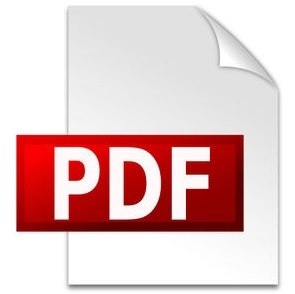朴惠・名倉早都季
Explanations of Thinking Using Language in the Field of Education
Hui Piao and Satsuki Nagura
April, 2020
Abstract
This paper aims to reveal the characteristics of explanations and the conditions under which explanation is possible, in the field of Japanese Language Education, and also to reveal the effect of meta-language in the field of Translation Education. It consists of two parts. The theoretical part analyzes questions that ask for reasons for propositions in university entrance exams in Japan, clarifies the requirements of the types of forms, and the kind of language expressions in the field of Japanese Language Education. The empirical part investigates how the use of predefined issue categories as meta-languages affects explanations of how translations are revised. The former part reveals two main features of explanation in the field of Japanese Language Education: (1) Most explanations follow the forms of Modus Ponens, and (2) Few explanations have words and expressions which mention language expressions. The latter part indicates that the use of meta-language improves the quality of explanations of how translations are revised.
The above findings suggest the importance of using words and expressions which refer to language expressions, such as the rhetorical function of the language expression and the grammatical status of the language expression.



